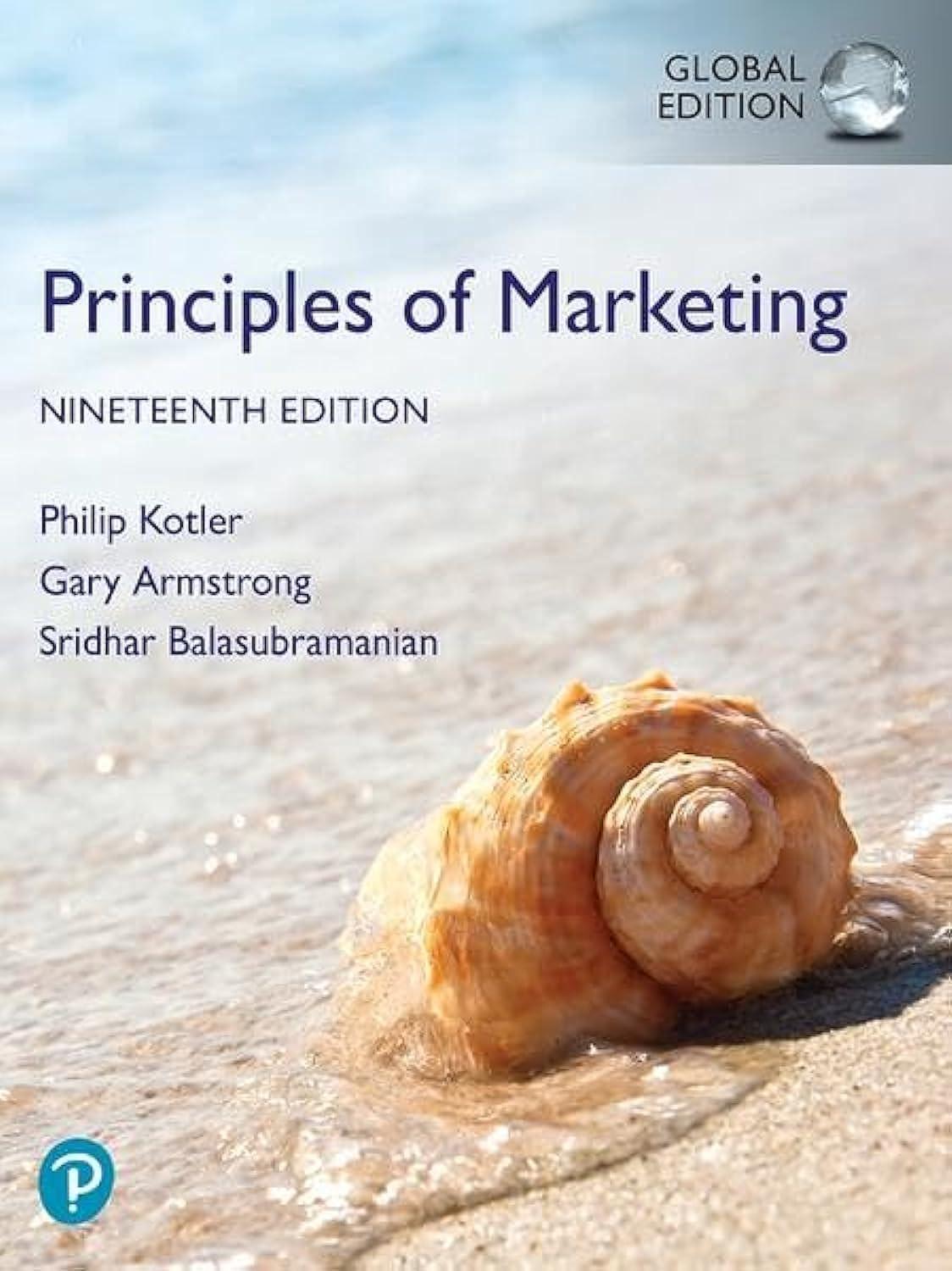The ethical dilemma faced by firms that offer both financial advisory and auditing services was highlighted in
Question:
The ethical dilemma faced by firms that offer both financial advisory and auditing services was highlighted in a recent New York Times article titled "Officials Balked at a Drug Company's Tax Shelter. Auditors Approved It Anyway." The story described how financial advisory giant EY devised an arrangement that would help nonprescription drug maker Perrigo avoid more than $100 million in U.S. federal taxes. Instead of buying the drugs directly for sales in the United States and paying U.S. taxes on sales, Perrigo set up an shell subsidiary in Israel (with no employees and no offices) that purchased the drugs and resold them to Perrigo for further sales to U.S. consumers. Therefore, the bulk of Perrigo's profits were generated in Israel, where, due to a quirk in the tax laws, Perrigo paid no taxes on the profits. Perrigo's independent auditing firm, BDO, questioned the arrangement. In fact, even one EY manager thought the tax shelter was too aggressive. But Perrigo soon replaced BDO with EY's own auditing division. And the EY auditors ultimately approved the arrangement. The IRS is now investigating this arrangement as an "aggressive tax dodge." In the wake of multiple such revealed conflicts of interest, the push to separate the financial advisory and auditing services into separate companies has gained momentum.
Small group exercise: In the Perrigo example, there was a conflict of interest when a service provider sold both advisory and auditing services to a customer. Thinking more broadly, what ethical challenges might salespeople potentially face?
Step by Step Answer:






